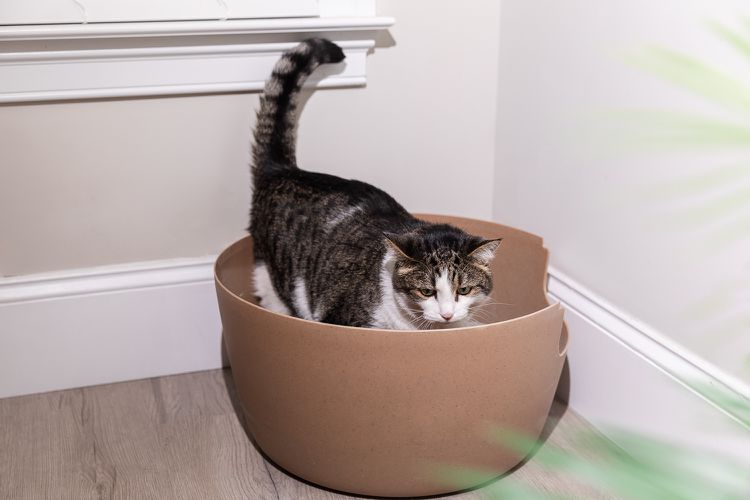
Covering poop is a normal cat behavior, right? Not necessarily. Wild cats that bury their excrement do so for basically two reasons: One is to keep their presence unknown from possible predators. The other is to show that they are not challenging more dominant cats. These more dominant cats rarely bury feces, and often leave waste on grassy tussocks that elevate and make it even more prominent.
So, it seems the only reason for a domesticated cat to bury its poop is if there is a dominant cat in the house. However, burying excrement is a very natural cat behavior. Why then is your cat not doing it?
Humans have encouraged the behavior in our pet cats, by selectively choosing (and breeding) the ones that are “clean.” Cats that leave their excrement uncovered for the world to admire are not abnormal—they’re just being cats.
If your kitty has always dug-and-covered as normal litter box behavior, and suddenly makes a statement with uncovered poop, ask yourself what else has changed. This may be the cat’s way of sending a smelly signal to other cats (or even a stray hanging around outside the window) that the territory is owned.
In the wild, dominant cats (including jaguars, leopards, lions, and tigers) that are competing for territory don't bury their feces, sending a message that they are declaring that spot as their own. A domesticated cat may choose to not bury their poop to let other cats—or their owner—know "I am here." Even if a cat has lived in the same place for a while, he may not feel it is his territory. The smell of their poop shows that particular cat's presence.
Cats that choose not to cover, or leave a deposit outside the box, may simply be doing what comes naturally. Although burying feces is generally a modeled behavior from the mother cat, some cats actually never learn to do this. Separately, roaming kitties may use unburied waste as another form of marking.
When it comes to litter boxes, size does matter. Maybe your cat's litter box is too small for them to turn around inside to bury the poop. And, as the saying goes, cats can be finicky—perhaps your cat doesn't like the feel of the cat litter, or the box is too dirty, and they would rather not spend any extra time in there. If you suspect one or both of these things could be true, give a new brand of litter a try, or upgrade to a larger litter box.
There aren't any specific diagnoses that would cause your cat to not bury their poop, but if your cat is experiencing some kind of pain or discomfort—whether in their paws, while going to the bathroom, or just in general—that could deter them from spending more time in the litter box. Also, cats who have been declawed recently could choose to skip the burying process.

Tetanus in Dogs
Tetanus is an infection caused by bacteria found in soil. It can cause severe symptoms in dogs and even lead to death if not treated promptly.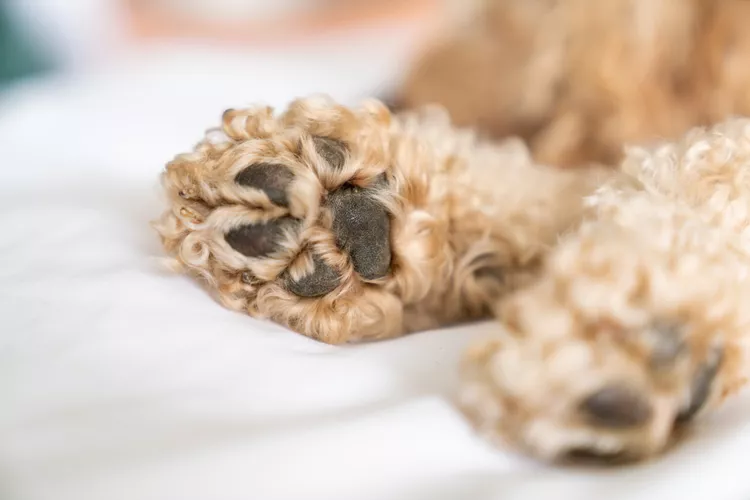
8 Common Dog Paw Problems
It is important to check your dog’s paws regularly for any issues and take steps to keep them healthy and protected.
Common Injuries in Dogs and How to Treat Them
Learn about the most common injuries in dogs—whether in their legs, spine, tail, or eye—and how you should treat them with this helpful list.
Can Cats Eat Strawberries? How to Safely Share This Summer Berry
Although cats are primarily meat eaters, strawberries may be an interesting and tasty snack for your feline friend. Find out the risks of feeding strawberries to cats and how to safely let your cat enjoy this fruit.
Is Shrimp Bad For Dogs?
Shrimp can be a healthy, nutritional food for people but can dogs eat them, too? What are the main concerns with feeding shrimp to your dog?
Dog Food Basics
Are you feeding your dog the best way possible? Check out these dog feeding tips to keep your dog healthy and happy.
Rhodesian Ridgeback: Dog Breed Characteristics & Care
The Rhodesian ridgeback is a large hunting dog with a high prey drive. Learn about the breed's history, exercise needs, and more.
Berger Picard: Dog Breed Characteristics & Care
The Berger Picard is a French herding dog with a friendly smile and shaggy beard. Learn about its history, health, exercise needs, and more.
Spanish Water Dog: Breed Characteristics & Care
In the hands of an expert owner, the Spanish water dog shines as an active and faithful companion. Learn about its history, training, and more.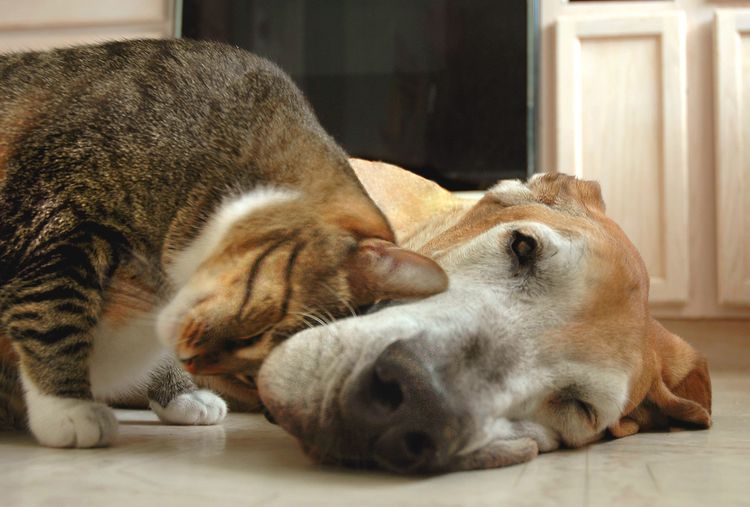
Cat Bunting Behavior: What Does It Mean?
Cats rub their heads against prominent objects to leave scent markings as a part of scent communication.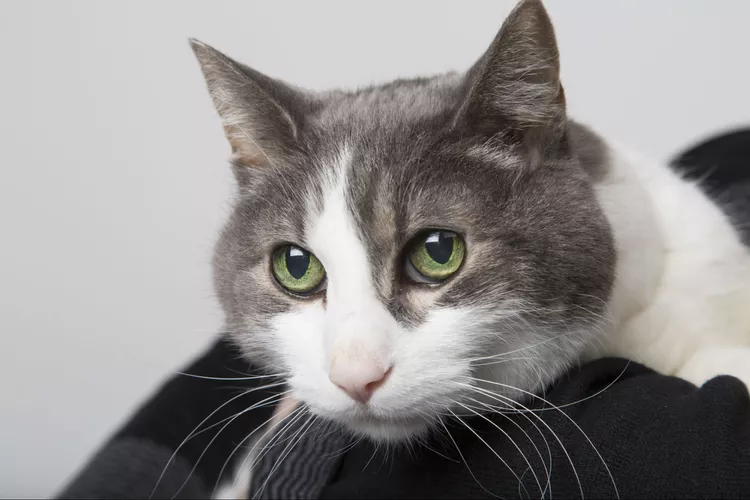
How to Train Your Cat to Stop Urine Marking
Most male (and some female) house cats will mark territory at some point. Learn the causes or cat urine marking and how to prevent this annoying behavior.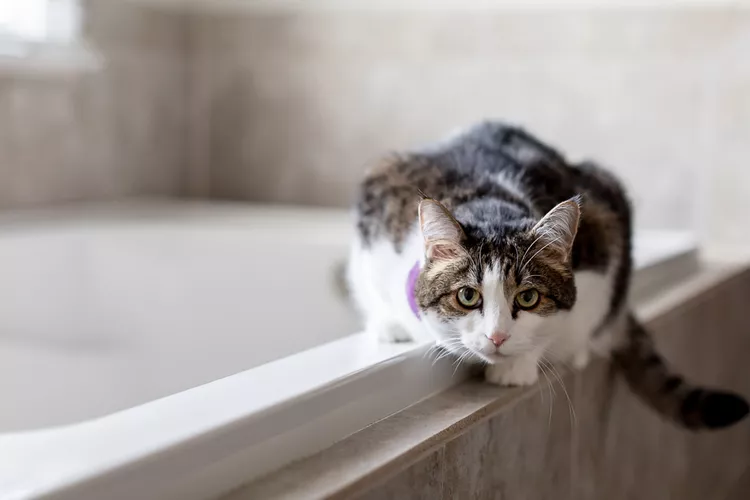
7 Reasons Why Cats Love Bathrooms
Why do cats follow you to the bathroom? Many cats—strangely enough—love the bathroom! Find out why cats seem to love bathrooms so much.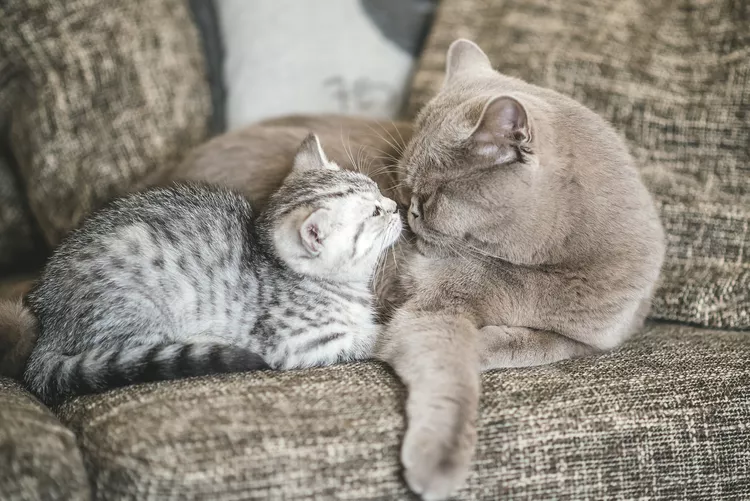
Leptospirosis in Cats
Leptospirosis is rare but potentially fatal in cats. Learn the causes, treatment, and prevention.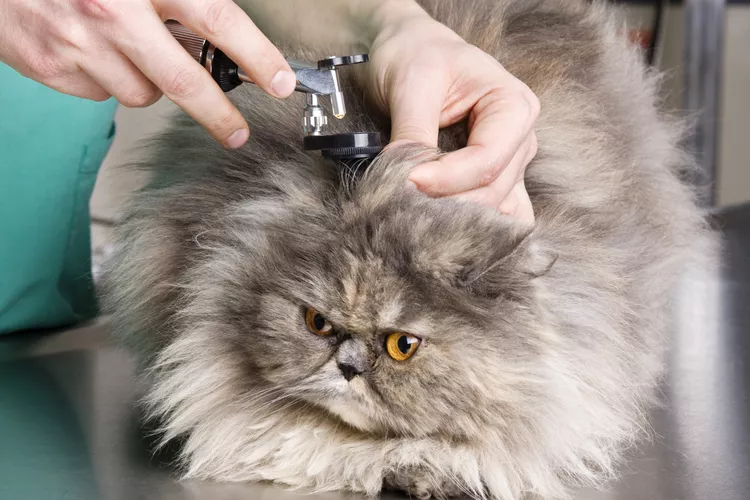
Ear Infections in Cats
An ear infection must be treated based on the source of irritation, which may be internal or external. Learn the causes, treatment, and prevention.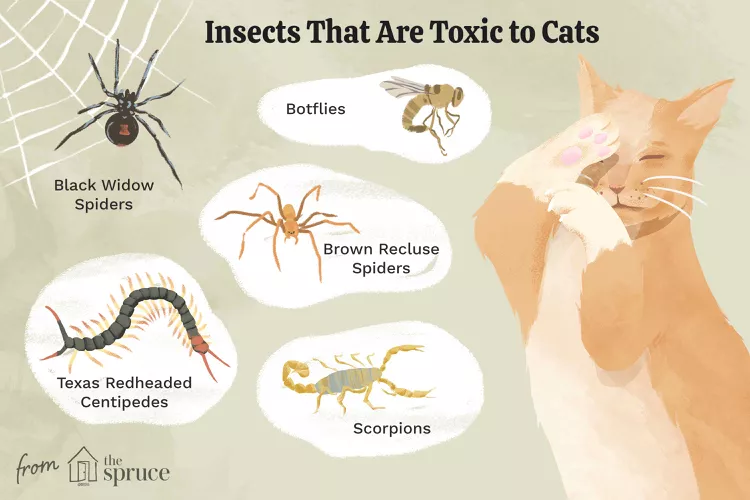
Insects That Are Toxic to Cats
Can cats eat bugs? Some bugs can cause injury or illness to your cat, while others are relatively harmless.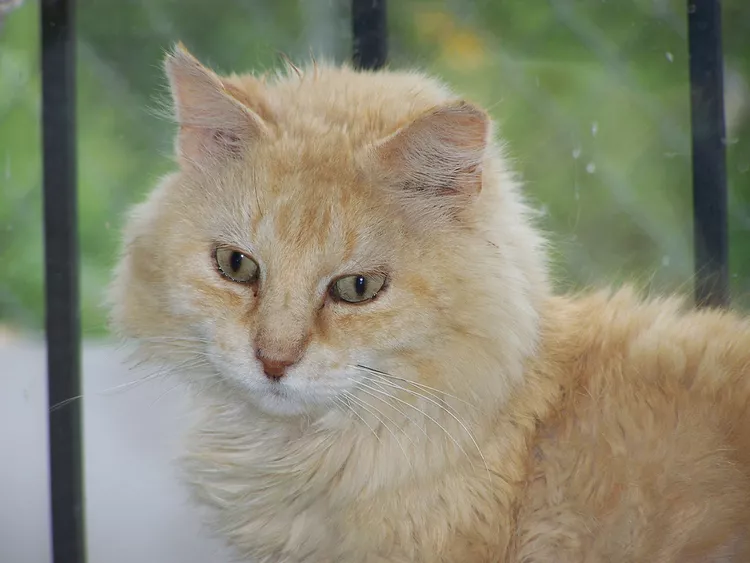
Testing for Contagious Feline AIDS (FIV)
Cats should be tested for the contagious feline immunodeficiency virus or FIV. Cats that are positive for the virus usually live normal lives.
Why Does My Dog Pee on My Bed?
Is your dog peeing on your bed? Find out why your dog is having urinary accidents on the bed and learn what to do about it—plus how to stop the habit.
Why Almost Any Dog Can Do Agility Training
Why Almost Any Dog Can Do Agility Training
How to Train Your Dog to Shake Paws
Shaking paws is a fun dog trick that most dogs pick up rather quickly Learn how to train your dog to shake in just a few simple steps.
14 Asian Cat Breeds And Their Rich Hiss-tories
Find out more about the cat breeds that originated from Asia. Some breeds include the Persian, Oriental shorthair, and Japanese bobtail.